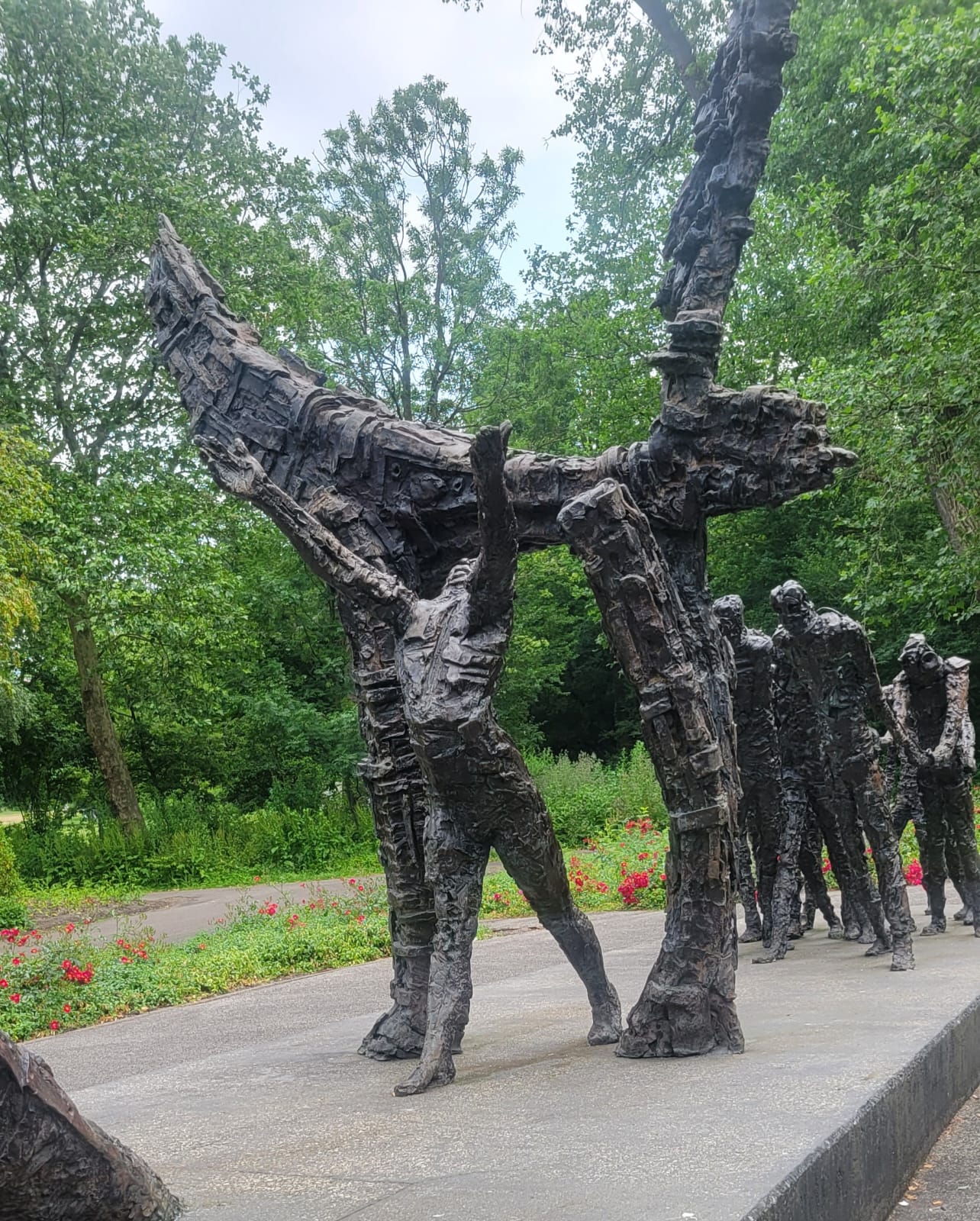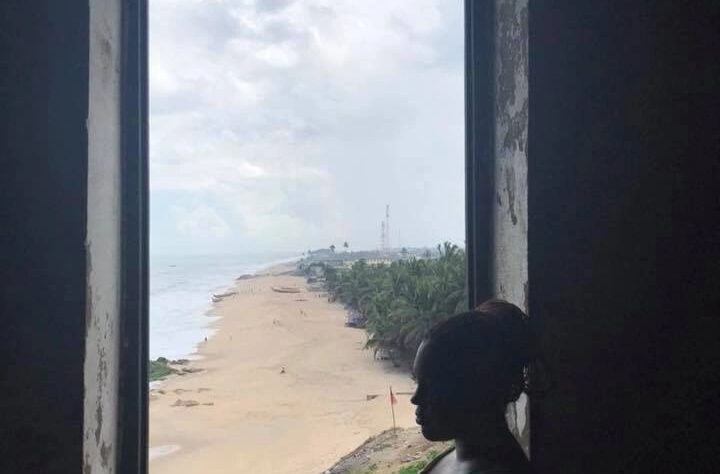Last Thursday, on June 15th, I had the privilege to attend the first ever Juneteenth Observance at the United States Embassy in Accra, Ghana. Speakers included Cassie Washington, a PHD candidate at New York University focused on Pan Africanism and studying in Ghana; and Diallo Sumbry, founder of the Adinkra Group and president of the African American Association of Ghana (AAAG).
Juneteenth marks the date (June 19, 1865) that enslaved Africans in Galveston, Texas finally found out they were free- 2 years after the Emancipation Proclamation. It is also a date and time that represents so much more.
Our speakers reminded us that the journey of the enslaved Africans, who ended up in the Americas and built the US, Caribbean, and countries in the Central and South America, is inextricably linked to the journey of the African, who never left the continent, and also endured colonialism, discrimination, and dehumanization.
Africans in the United States must remember that the slave ships brought no West Indians, no Caribbeans, no Jamaicans or Trinidadians or Barbadians to this hemisphere. The slave ships brought only African people and most of us took the semblance of nationality from the places where slave ships dropped us off.
— John Henrick Clark
The audience at the US Embassy event was primarily Ghanaian college students with a sprinkling of expats and members of the AAAG. When asked, is this your first time learning about Juneteenth?, about half of the audience raised their hands. When asked, who has visited Elmina or Cape Coast Slave Dungeons?, a little more people raised their hands, but not the entire audience. We have work to do.
As an African American, whose roots run deep through Georgia and North Carolina, Juneteenth is a time to commemorate and celebrate. As a Black woman who spends significant time living and traveling in West Africa, Juneteenth is also a time to build and bridge. It is a time to remember and reflect as I continue my own healing and restoration process.
***
So why celebrate Juneteenth in Ghana?
Ghana represents a significant geography in the journey of enslaved Africans. According to Mr. Sumbry, about three-forths of all Africans sold and kidnapped into slavery during the Transatlantic Slave Trade, were transported through what is modern-day Ghana.
“Ghana served as a hub during the transatlantic slave trade because of its coastline and geographic location in West Africa. Nearly 40 slave castles operated in Ghana alone. The slave traders brought in people from different African countries, but most of them spent their last moments on the continent in Ghana.
— Rachel Flynn, World of Footprints
We are but one people separated by centuries of violence, mistrust, longing and loss.




